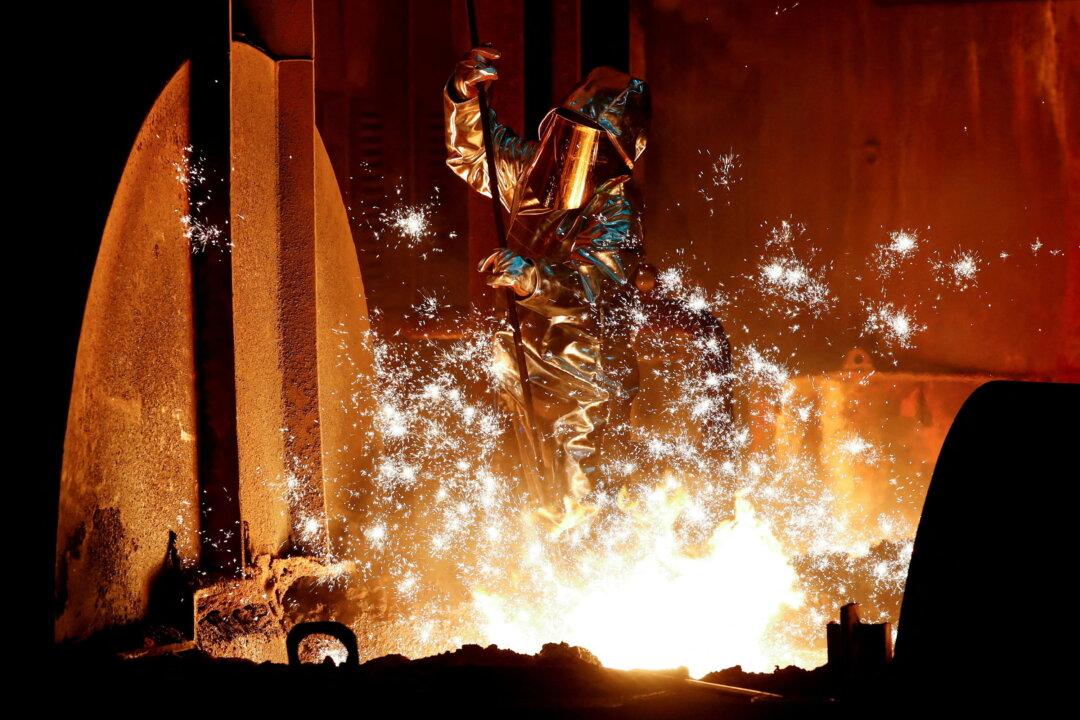The owner of Germany’s largest steelmaker, Thyssenkrupp, said on Monday it aims to turn into a holding company after two centuries as a manufacturer.
The company, once a symbol of German manufacturing might, has struggled in recent years with high costs, tariffs, cheaper Asian competitors, and difficulties around the steel industry’s green transition.





